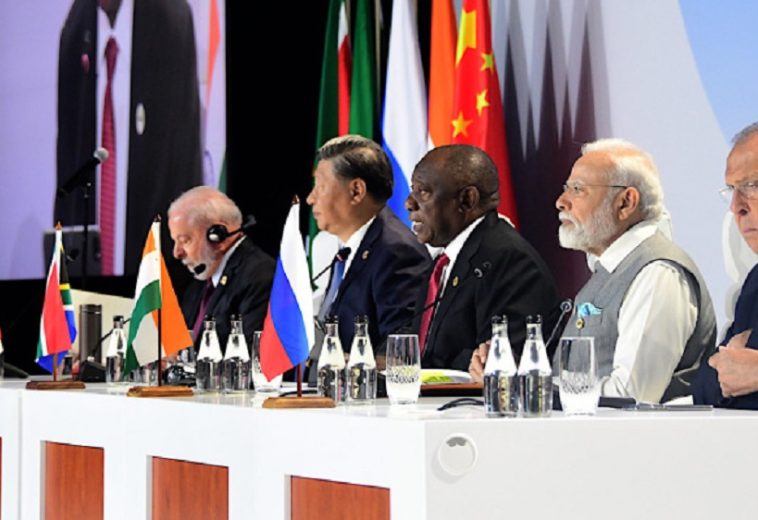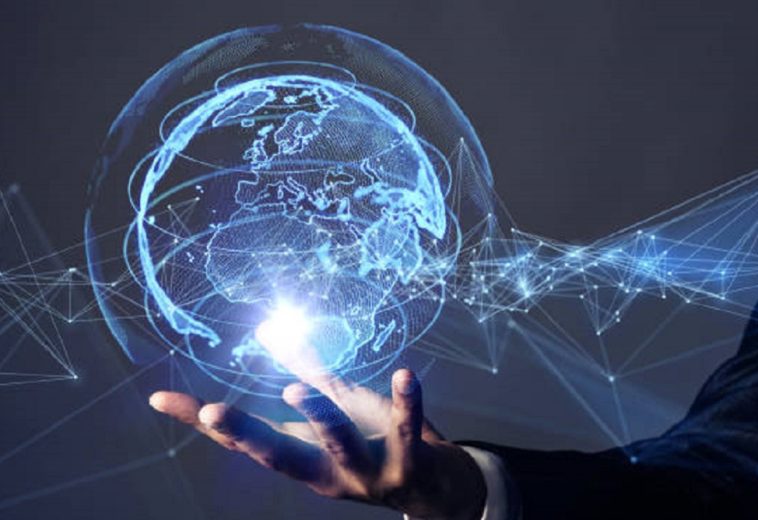“Women’s rights are human rights, and human rights are women’s rights.” — Hillary Rodham Clinton
Hillary Clinton’s powerful declaration highlights the essential role of gender equality in the progress of society. In Africa, where the struggle for women’s rights has been long and challenging, numerous global initiatives are leading efforts to empower women and create lasting change. These initiatives, driven by passionate and visionary leaders, are making significant strides in education, legal reform, economic empowerment, and leadership development.
- The Centre for Economic and Leadership Development (CELD)
Founded by Dr. Mrs. Furo Ken-Giami in 2008, CELD is a global NGO dedicated to advancing women’s rights and leadership in Africa. The centre has been instrumental in promoting gender equality through leadership training, advocacy, and policy influence. CELD has impacted over one million women across Africa, empowering individuals to achieve peak performance and overcome the challenges of an ever-changing world through tailored training programmes, specialised conferences, and capacity-building initiatives.
- Women in Law and Development in Africa (WiLDAF)
Established in 1990, WiLDAF is a Pan-African women’s rights network focused on promoting and protecting women’s rights through advocacy, legal reform, and capacity-building programmes. The organisation has played a key role in pushing for gender-sensitive legislation in several African countries, contributing to the passage of over 100 gender equality laws.
- UN Women’s HeForShe Campaign
Launched in 2014 under the leadership of Phumzile Mlambo-Ngcuka, HeForShe is a UN Women solidarity campaign aimed at engaging men and boys as advocates for gender equality. The campaign has mobilised millions of people worldwide, including African leaders, celebrities, and influencers, to challenge traditional gender roles and promote women’s rights in countries such as Nigeria, South Africa, and Kenya.
- African Union’s Agenda 2063
Adopted in 2015, Agenda 2063 is the African Union’s strategic framework for the socio-economic transformation of the continent, emphasising the empowerment of women and youth as key drivers of Africa’s development. The framework aims to achieve full gender equality by 2063, with targets including increased women’s participation in decision-making processes and equal access to education and economic opportunities. As of 2023, women hold 24% of parliamentary seats across Africa, marking a significant improvement from previous decades.
- The African Women’s Development Fund (AWDF)
Established in 2000 by African women leaders, including Bisi Adeleye-Fayemi, Hilda Tadria, and Joana Foster, AWDF has awarded over $50 million in grants to more than 1,300 women’s organisations across 42 African countries. The fund supports initiatives focusing on women’s economic empowerment, leadership, and reproductive health rights. In 2021 alone, AWDF funded 175 projects that reached over two million women and girls.
- Equality Now
Founded in 1992 by Jessica Neuwirth, Navanethem Pillay, and Feryal Gharahi, Equality Now has been instrumental in advocating for legal reforms to protect women’s rights in Africa. The organisation has successfully campaigned against female genital mutilation (FGM), child marriage, and human trafficking, leading to policy changes in several African countries. For example, in Kenya, the prevalence of FGM has decreased by 13% over the last decade.
- The Girls’ Education Challenge (GEC)
Launched by the UK’s Foreign, Commonwealth & Development Office in 2012, GEC has provided educational opportunities to over 1.5 million marginalised girls in Africa. The programme focuses on overcoming barriers to education, such as poverty, early marriage, and gender-based violence, and has improved literacy rates among girls by 30% in regions where it operates.
- Global Fund for Women
The Global Fund for Women, established in 1987 by Anne Firth Murray, Frances Kissling, and Laura Lederer, has provided over $175 million in grants to women’s rights organisations in Africa and beyond. The fund supports initiatives addressing gender-based violence, economic justice, and sexual and reproductive health rights, benefiting millions of women and girls across Africa.
- The African Women Leaders Network (AWLN)
Launched in 2017 by the African Union and the United Nations, with support from the Federal Republic of Germany, AWLN provides a platform for African women leaders to collaborate on gender equality initiatives. The network focuses on empowering women in leadership roles, peacebuilding, and economic development. As of 2023, AWLN has chapters in 30 African countries and has trained over 5,000 women leaders.
- The Solidarity Fund for African Women’s Rights (SOAWR)
Established in 2004 by a coalition of African women’s rights organisations, SOAWR played a pivotal role in the adoption and ratification of the Maputo Protocol. This legal framework guarantees comprehensive rights for African women, including political participation, social and economic equality, and reproductive health. By 2023, 42 African Union member states had ratified the Maputo Protocol.
- UNICEF’s #EndChildMarriage Campaign
Launched in collaboration with various governments and NGOs, UNICEF’s #EndChildMarriage Campaign has been instrumental in reducing child marriage in Africa. In countries like Ethiopia and Zambia, the prevalence of child marriage has dropped by 20% since the campaign’s inception. While 40% of girls in sub-Saharan Africa are still married before the age of 18, this figure is steadily declining due to efforts like #EndChildMarriage.
- Women, Peace, and Security (WPS) Agenda
Adopted by the United Nations Security Council in 2000 under Resolution 1325, the WPS Agenda emphasises the critical role of women in conflict resolution and peacebuilding. In Africa, the agenda has supported women’s participation in peace processes in countries such as Liberia, South Sudan, and the Democratic Republic of the Congo, where women’s involvement in peace processes has increased by 15%.
- African Women’s Economic Empowerment Program (AWEEP)
Initiated by the U.S. Department of State in 2010, AWEEP supports African women entrepreneurs by providing them with tools, resources, and networks to grow their businesses and access international markets. AWEEP has empowered over 10,000 women entrepreneurs across Africa, contributing to the creation of thousands of jobs.
- The African Women’s Rights Observatory (AWRO)
Managed by the United Nations Economic Commission for Africa (UNECA), AWRO serves as a comprehensive database on women’s rights in Africa, providing valuable data and analysis to inform policy and advocacy efforts. AWRO’s data has been used in over 50 policy briefs and reports that have influenced gender equality policies across the continent.
- Vital Voices Global Partnership
Co-founded in 1997 by Hillary Clinton, Madeleine Albright, and Melanne Verveer, Vital Voices identifies, trains, and empowers women leaders globally, including in Africa. The organisation has worked with women in over 20 African countries, focusing on political leadership, economic empowerment, and combating gender-based violence. Vital Voices has trained over 15,000 women leaders worldwide.
- The #MeToo Movement Africa
Originating in 2006 by Tarana Burke, the #MeToo movement saw its African chapter emerge in the late 2010s. #MeToo Africa has provided a platform for African women to speak out against sexual harassment and violence. The movement has led to increased awareness and policy changes in countries like South Africa, Nigeria, and Kenya. In South Africa, reports of sexual harassment have increased by 30%, reflecting greater awareness and willingness to speak out.
- The Women’s Global Leadership Program (WGLP)
Established by the Women’s Environment & Development Organization (WEDO) in 1991, WGLP provides leadership training and support to women leaders in Africa, focusing on sustainable development and climate justice. The programme has empowered women leaders in countries like Ghana, Uganda, and Mozambique.
- The African Women’s Leadership Institute (AWLI)
Established in 1997 by Akina Mama wa Afrika, AWLI is a Pan-African women’s organisation aimed at creating a new generation of African women leaders who will transform their societies. AWLI offers training programmes to young African women, equipping them with leadership skills and knowledge to advocate for women’s rights and social justice. Since its inception, AWLI has trained over 7,000 women leaders across Africa.
- The Women’s Rights Advancement and Protection Alternative (WRAPA)
Founded in 1999 by Dr. Hajo Sani, WRAPA focuses on advancing and protecting the rights of women in Nigeria through legal aid, advocacy, and community outreach programmes. The organisation has successfully fought against harmful cultural practices, such as widowhood rites and early marriage, providing legal aid to over 20,000 women and girls since its inception.
READ ALSO: Dissecting Key Solutions to African Women’s Health Issues
- The Young African Leaders Initiative (YALI)
Launched by the U.S. government in 2010 under President Barack Obama, YALI supports young African leaders, including women, by providing them with tools and networks to drive positive change in their communities. The initiative focuses on leadership, entrepreneurship, and civic engagement. YALI has trained over 4,000 young African women leaders, many of whom are now leading change in their countries.
These 20 global initiatives represent a powerful force in the ongoing struggle for gender equality and women’s rights in Africa. Through advocacy, education, legal reform, and leadership development, they are helping to build a more just and equitable society for all.
As Barack Obama, Former U.S. President once said, “Africa’s future depends on the empowerment of its young leaders, especially women.”




